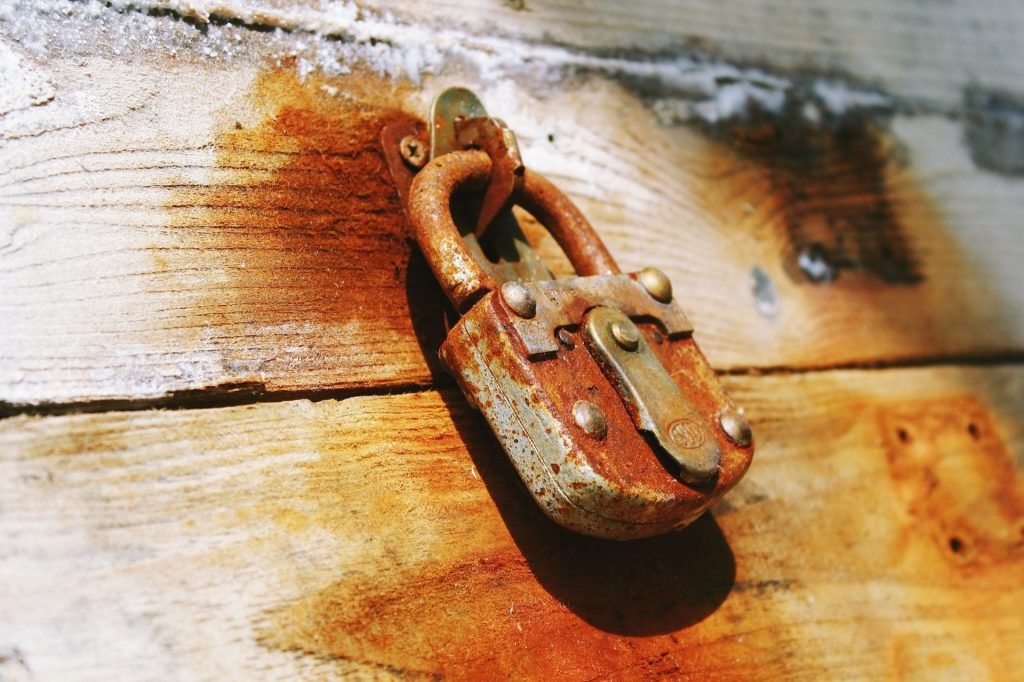When metal corrodes, it releases electrons and other reactive particles that can cause the metal to rust. That’s why you’ll see rusted metal in old houses and why car manufacturers coat parts with a protective finish to prevent corrosion. Keeping metals free of rust is difficult because they react with moisture in the air, acids from liquids, and other substances. However, there are some things you can do to help keep metals from rusting. This article outlines seven practical ways to help prevent your metals from rusting.
1. Keep humidity low
Humidity is a key factor in depolymerizing metals like iron and steel, leading to rust. Lower humidity means less water is present in the air, which decreases the risk of corrosion. If you live in a humid area, you should keep humidity below 50%.
2. Use anti-corrosive products
Anti-corrosive products are designed to fight off the elements that cause rust. Some products can be applied to the surface, while others can spray the metal. Anti-corrosive cleaners are designed to remove rust and are usually applied with a cloth. Anti-corrosive paints are designed to prevent rust from forming and are usually applied with a spray gun. These paints can be applied to various metals, including iron and steel, aluminum, and stainless steel. FastMetals offers a variety of flat-stock products to suit any budget. Visit https://fastmetals.com/pages/flat-stock to choose the product that fits your needs and budget.
3. Protect with oxidation inhibitors
Oxidation inhibitors are an important part of preventing metal corrosion. They’re a chemical coating that prevents oxidation from occurring on the surface of metals, making them less likely to rust. Oxidation inhibitors can be applied to metal surfaces as a paste, liquid, or powder. They may also be sprayed onto parts before assembly to prevent corrosion during manufacturing processes such as welding and soldering.
4. Stop corrosion with galvanization
The most common method of preventing corrosion is galvanization, in which a layer of zinc is applied to the metal. Zinc is also one of the most effective corrosion fighters available, and it can be used on steel or iron. Galvanized steel has many industrial uses, including construction and vehicles, ships and bridges—and even trains.
5. Rub the metal with a thin coat of oil
Rub the metal with a thin coat of oil. This will prevent rusting and help keep your metal looking bright, shiny, and new for years to come. When choosing an oil, be sure it’s not too thick or too thin—you don’t want to use something that will gum up your machine when trying to get things done!
6. Prevent Salts
Salts are one of the biggest causes of rust. Salts tend to build up on your possessions if you live in a humid area because they attract moisture from the air. This is especially true if you live near the ocean or any other large body of water.
7. Protecting with VCI
Vapor corrosion inhibitors (VCIs) are chemical compounds used to protect ferrous and non-ferrous metals from rust and corrosion. It is created in various forms and is used to protect metal objects from corrosion. Because it safely prevents corrosion on protected metals without the need for messy grease, oils, protective coatings, or other time-consuming methods, VCI Packaging can be used to protect metal parts without the need for messy grease.
Conclusion
Metals can be a long-lasting investment, but they should be cared for properly to prevent rust. Ideally, you should keep your metals dry, store them in airtight containers, and avoid contact with water. If you follow these tips, you’ll be less likely to experience problems with rust on your metals.
